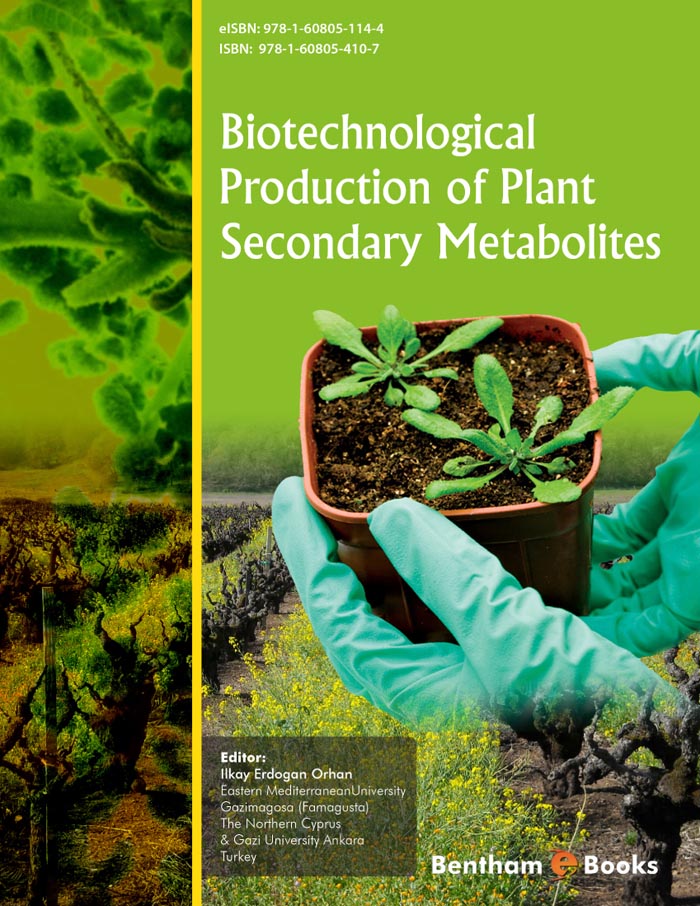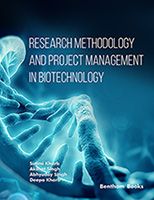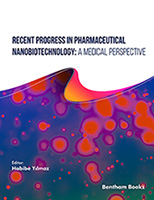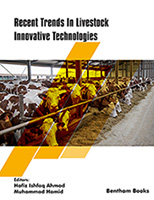Introduction
Modern techniques have been developed to overcome problems associated with the extraction of natural products from plants. These techniques include production of secondary metabolites by biotechnological methods such as plant tissue culture and microbial biotransformation of natural substances. Such methods have led to an increased yield of secondary metabolite amount, the discovery of new biochemical derivatives and agricultural development. For instance, use of these techniques in agricultural area have led to some beneficial traits such as formation of new varieties of known plant species, better crop quality, higher yield, better nutritive properties, more resistant species to insects and pests. Microbial biotransformation is beneficial in plant secondary metabolite production and derivatization (chemical modification of any compound made by a microorganism) and is chiefly applicable to several varieties of terpenes and steroids. This E-book demonstrates recent developments in this field. It will be of particular interest to the professionals in pharmaceutical and biotechnological industries, as well as natural product chemists, medicinal chemists, plant biochemists, and molecular biologists.





